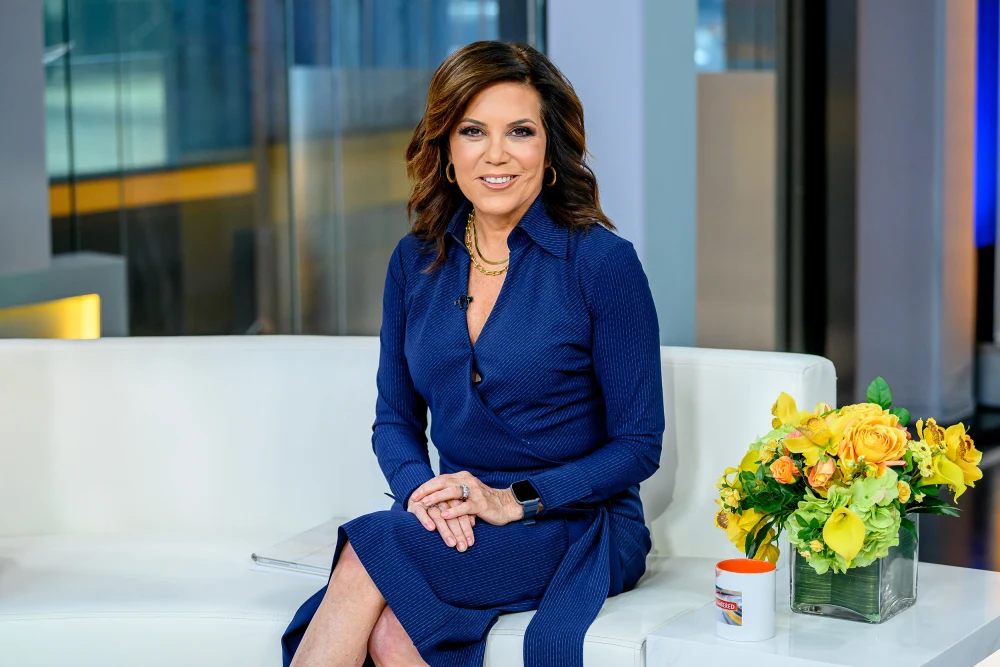Americans are becoming increasingly less optimistic about how democracy is working in the United States, according to a recent survey.
The Gallup poll, released Friday, found that only 28 percent of adults in the U.S. are satisfied with democracy — a record low. That number is down from the prior record, 35 percent, that was measured not long after the Jan. 6, 2021, attack on the Capitol.
Broken down by political party, Democrats were more likely to say they were satisfied than Republicans, 38 percent to 17 percent respectively. Independents fall between the two with 27 percent satisfaction, according to the poll.
Satisfaction, however, has decreased for all three groups since the question was asked in 2021. Following the insurrection, 47 percent of Democrats, 36 percent of independents and 47 percent of Republicans said they were satisfied with U.S. democracy, per Gallup.
The analytics company also found the difference in satisfaction rate was sharper when taking education level into consideration.
Democrats with a postgraduate degree were more likely — 38 percent — to say they are satisfied with U.S. democracy, the poll found.
Around 30 percent of adults that attended college — but not graduate school — are satisfied, and only 21 percent those who did not attend college said the same. The latter shows the steepest decline in satisfaction since 2021, dropping by 15 percent.
Gallup has asked the question only nine times since 1984.
“The high point came in the first reading, when 61% of Americans were satisfied with the way democracy was working. It was nearly as high, at 60%, in 1991,” the survey reads. “However, Americans’ satisfaction showed signs of deterioration in 1992 — often referred to as the year of the ‘angry voter.’”
In the more recent surveys, the pollsters noted that they were conducted in years when a Democrat was president. Republicans were only more satisfied in one survey: 1998. Gallup noted that this came after the GOP-led House impeached former President Clinton.
Friday’s poll results come as American voters prepare to elect the next president in November. The Iowa caucuses, which kickstart the beginning of primary voting season, begin in less than two weeks on Jan. 15.
The Gallup survey was conducted between Dec. 1-20 with a sample of 1,013 adults from all 50 states and Washington, D.C., and has a margin of error of plus or minus 4 percentage points at a 95 percent confidence level.




